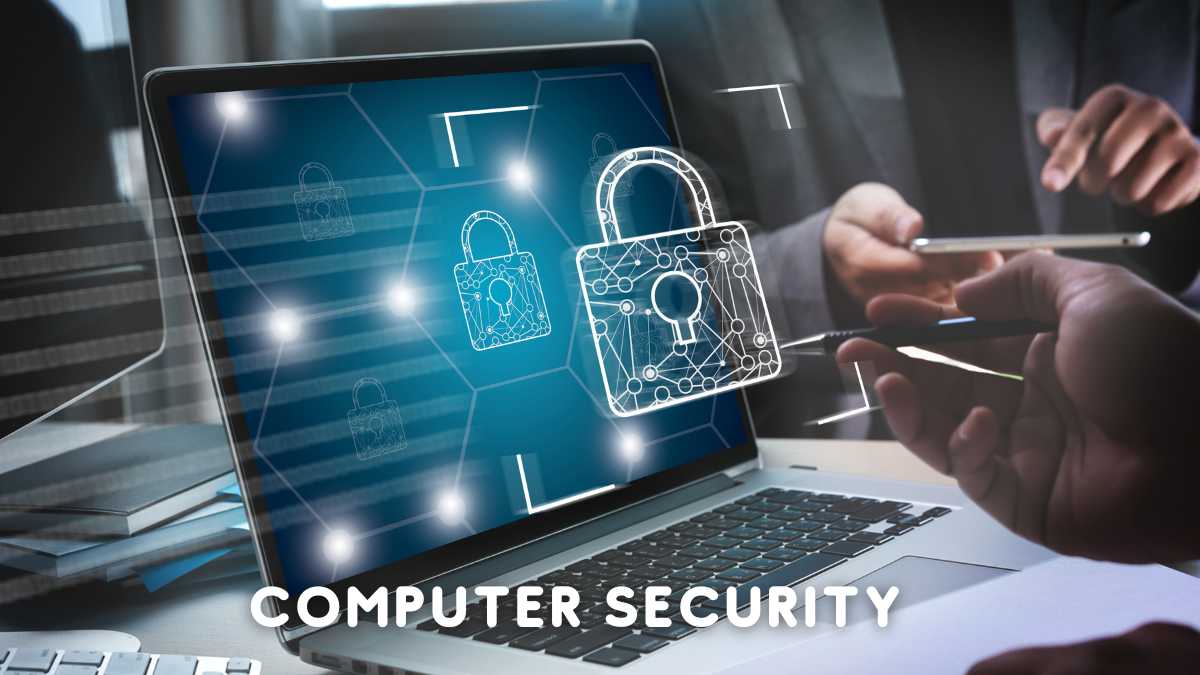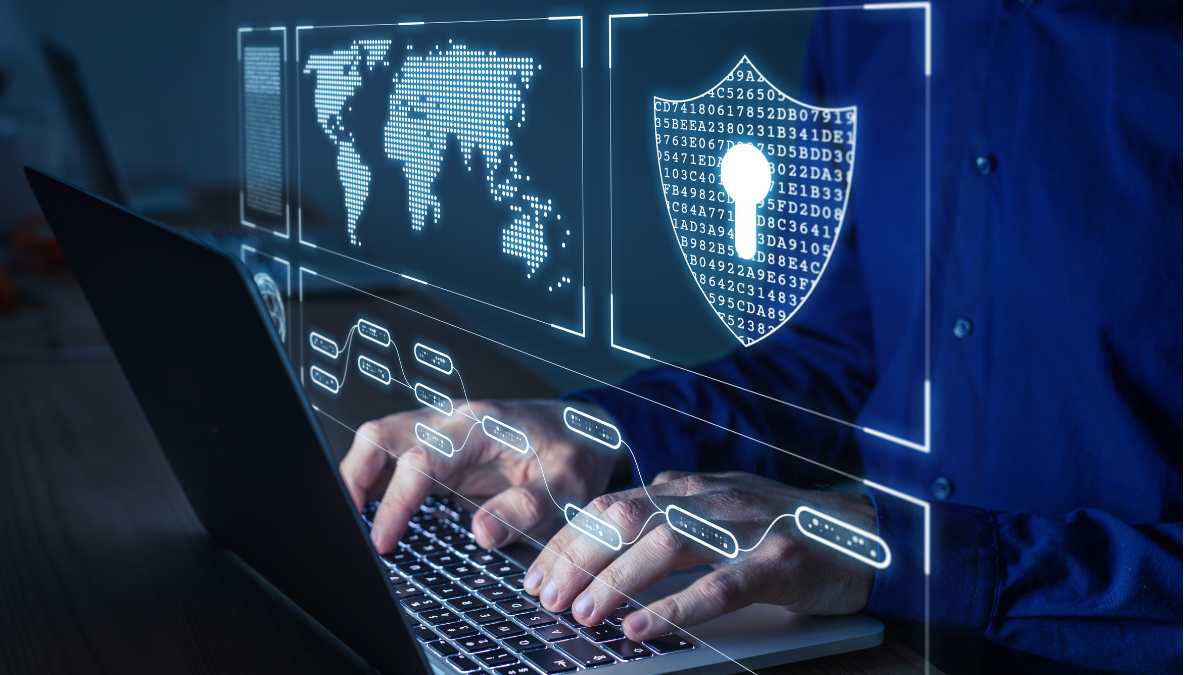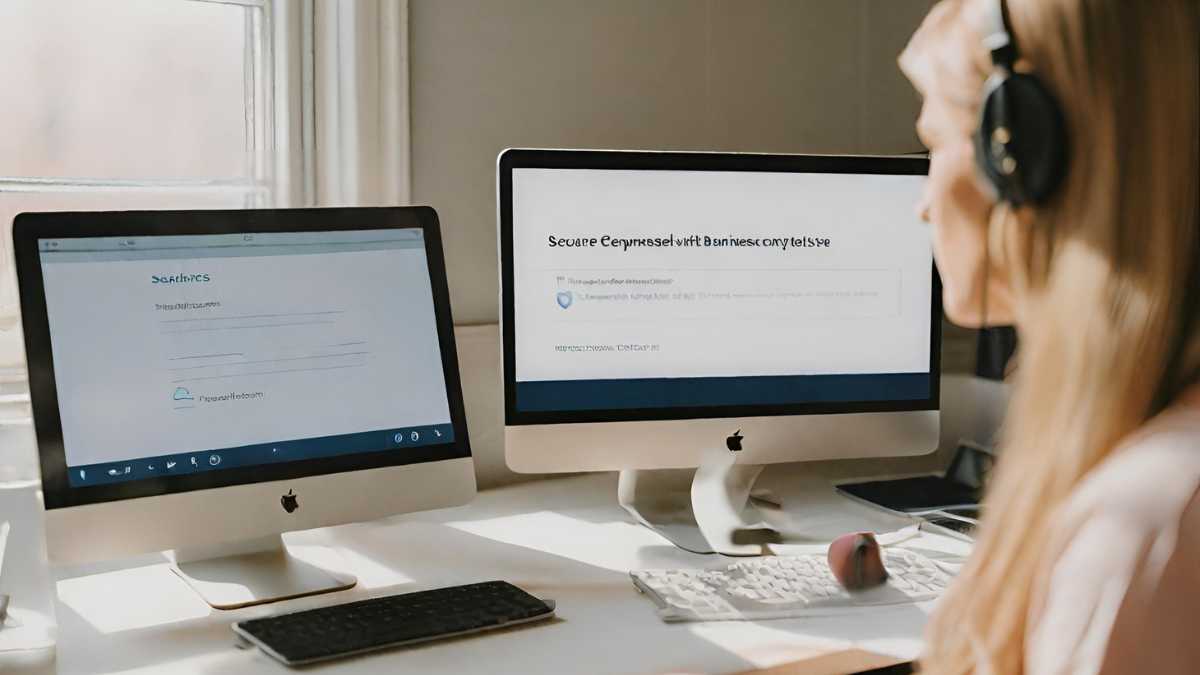Computer security encompasses the protection of digital systems from theft, damage, or unauthorized access. It involves implementing measures to safeguard confidential information and maintain system integrity.
Security threats can range from viruses and malware to cyber-attacks and data breaches, each posing significant risks to individuals, businesses, and governments. As our reliance on technology grows, the importance of robust computer security measures becomes paramount to prevent financial loss, protect personal information, and ensure the continuous operation of critical infrastructure.
Effective security strategies employ a multi-layered approach, combining physical security controls, cybersecurity protocols, and user education to combat evolving threats. Emphasis on strong, unique passwords, regular software updates, and awareness of phishing techniques are fundamental to creating a secure computing environment.
The Rise Of Digital Threats
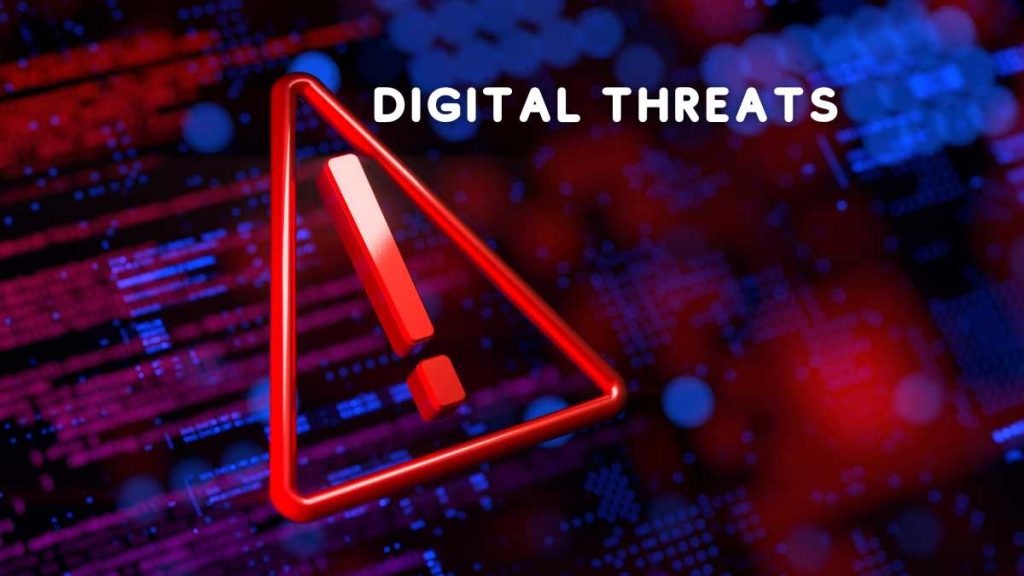
As we dive deeper into the digital age, the number of cyber threats has skyrocketed. Our reliance on computers and the internet has not only simplified our lives but also opened up new avenues for criminal activities. Understanding these digital risks is crucial for safeguarding our online existence.
Evolving Cybercrime Landscape
The cybercrime landscape is constantly changing. Threats that were relevant yesterday might evolve or be replaced by new ones overnight. Cybersecurity experts are in a never-ending race against these threats, working to create safer digital environments. Let’s explore some of the trends:
- Phishing Attacks: Cybercriminals use fake emails to steal login information.
- Ransomware: Malicious software that locks data until a ransom is paid.
- Data Breaches: Unauthorized access to personal data can lead to identity theft.
Real-life Consequences Of Digital Vulnerabilities
Cyber threats don’t just stay online; they impact real-life situations. Here are ways these vulnerabilities touch our lives:
| Threat Type | Consequence |
|---|---|
| Financial Theft | Loss of hard-earned money |
| Identity Theft | Damage to reputation and credit score |
| Privacy Violations | Exposure of personal life |
Protecting oneself means being vigilant, using strong passwords, and updating software regularly. Only through heightened awareness and proactive defense can individuals and organizations hope to stay ahead of digital threats.
Basic Computer Security Concepts
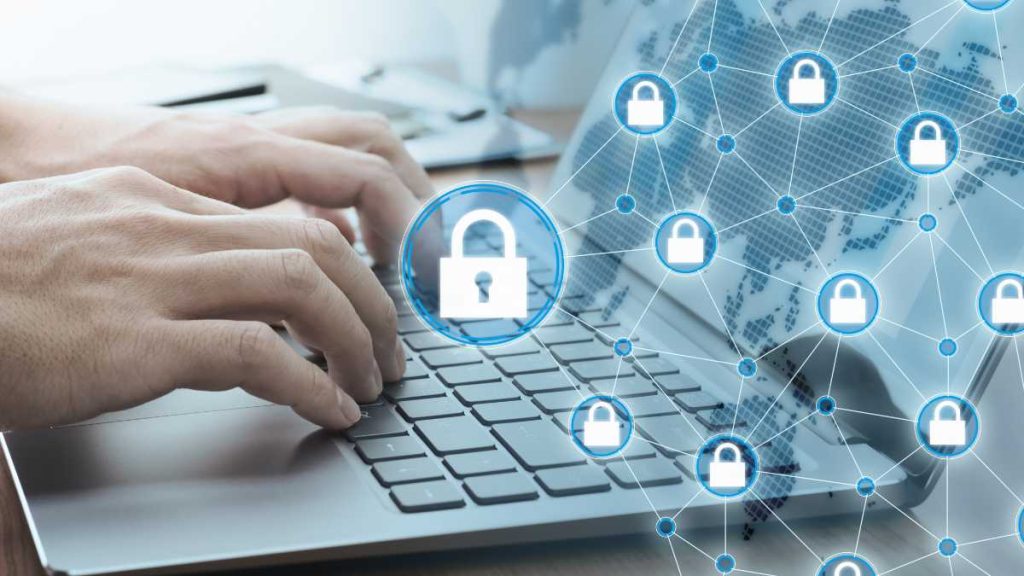
Welcome to the world of computer security, where protecting data becomes a daily quest. Understanding the basics forms the foundation of this digital defense. Computer security means keeping information safe from unauthorized access, harm or theft. This safety effort includes many practices. Let’s explore these concepts, starting with key terms every user must know.
Key Terms Every User Should Know
Here’s a quick glossary of terms to understand computer security better:
- Antivirus Software: A program that finds and removes viruses.
- Firewall: A digital barrier that blocks unauthorized access.
- Phishing: Fake messages that trick people into sharing personal info.
- Encryption: Scrambling data to hide its real content.
- VPN (Virtual Private Network): A secure connection over the internet.
Variety Of Malware Explained
Malware comes in various forms, each designed to attack in different ways:
| Type of Malware | What It Does |
|---|---|
| Virus: | Corrupts files and spreads to other computers. |
| Spyware: | Gathers info without permission. |
| Adware: | Shows unwanted ads and can track browsing habits. |
| Ransomware: | Locks data and demands a ransom for access. |
| Worm: | Spreads across networks, consuming resources. |
Common Attack Vectors
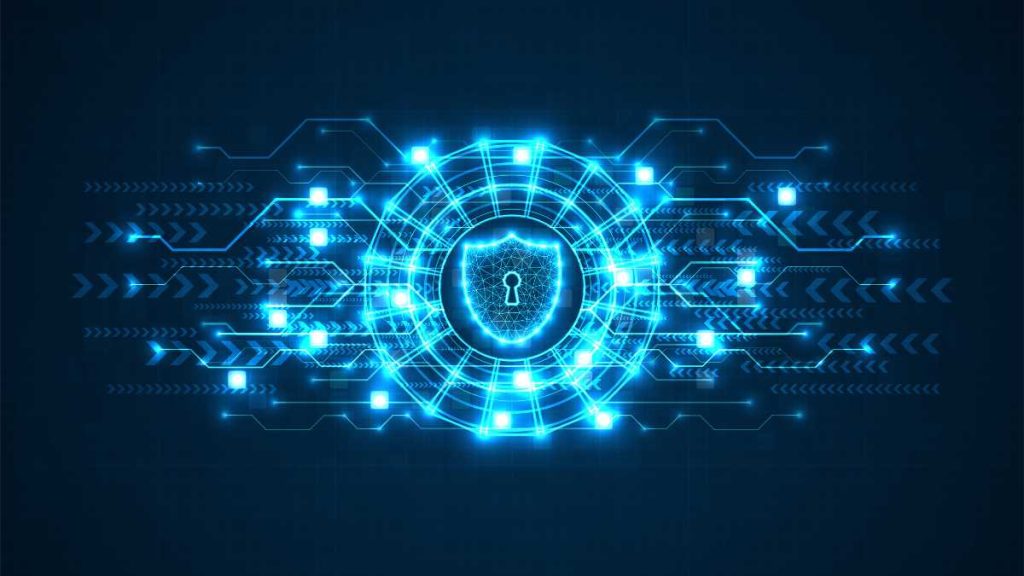
In the digital world, security is more important than ever. Bad actors use many tricks to breach systems. Knowing these tricks is step one to staying safe. Here, we dive into the most common methods these cybercrooks use.
Phishing: The Deceptive Email Threat
Phishing is a sneaky trick. Cyber thieves send fake emails pretending to be someone you trust. Their goal is to steal your personal information.
Watch out for these signs:
- Odd email addresses – They don’t match the company’s domain.
- Urgent language – Claims you must act fast to avoid a problem.
- Unexpected attachments or links – Files or links that can harm your computer.
Always double-check before clicking. If unsure, contact the company directly using their official website or phone number.
Network Intrusions And How They Occur
Hackers look for weaknesses in networks to get inside.
| Type of Intrusion | How It Happens |
|---|---|
| Unpatched Software | Missing updates leave doors open for attacks. |
| Weak Passwords | Simple passwords can be guessed or cracked. |
| Compromised Devices | Infected devices can spread malware to the network. |
Use strong, unique passwords and keep software up to date. Install security software on all devices. These simple steps can block many network intrusions.

Credit: www.amazon.com
Best Practices For Strong Passwords
Your online safeguard starts with a key—your password. A strong password acts like a fortified door to your digital life. Here’s how to ensure your passwords are the toughest barriers for hackers to cross.
Creating And Managing Robust Passwords
Rock-solid passwords are critical for protection online. Let’s explore how to make them:
- Length matters: Aim for at least 12 characters.
- Variety is key: Combine letters, numbers, and symbols.
- Avoid the obvious: Skip common phrases or easy-to-find details like your birthday.
- No reusing: Each account gets its own unique password.
- Update regularly: Change your passwords every few months.
Remember these tips to keep your accounts locked tight:
| Do’s | Don’ts |
|---|---|
| Use a passphrase with mixed characters | Repeat passwords across platforms |
| Include numbers and symbols | Use personal information like names or dates |
The Role Of Password Managers
Password managers are digital vaults that secure your login details:
- Generate strong passwords: Create tough-to-crack passwords for you.
- Auto-fill: Fill in your credentials on websites quickly and safely.
- Sync across devices: Access passwords from any device, anytime.
The benefits are clear:
- No forgettable passwords: Your memory isn’t overburdened.
- Extra security layers: They offer encryption that requires a master key.
With password managers, your digital keys are always within reach, yet out of sight for intruders.
Antivirus Software: Your First Defense
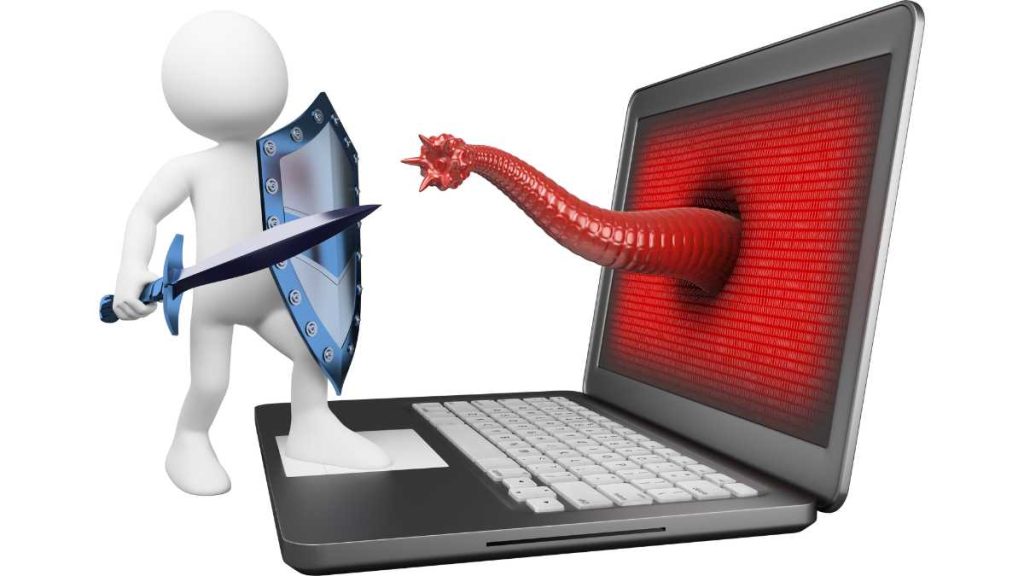
In a world brimming with digital threats, antivirus software stands as a sentinel to guard our computers. It’s not just a luxury; it’s a necessity for everyone from professionals to home users. The right antivirus acts as a robust shield, stopping hazardous programs in their tracks before they cause any harm.
How Antivirus Works To Protect You
Antivirus software serves as the watchdog of computer security. It scans your system for malicious code and suspicious activity. Using a vast database of known threats, it compares files to identify potential risks. If it finds something dangerous, the antivirus reacts fast to block it. Moreover, with real-time protection, your defense is ever awake. Regular updates ensure it knows about the latest dangers lurking online.
- Real-time scanning keeps risks at bay as you work or play.
- Automatic updates refine its knowledge of threats.
- Heuristic analysis helps in spotting new, undefined dangers.
Choosing The Right Antivirus Solution
With a plethora of antivirus solutions available, picking the right one is crucial. Begin by assessing your needs. Consider your computer’s operating system, your online habits, and your budget. Look for features like antiphishing, email scanning, and firewall integration. Speed and system impact are key too—you want strong protection that doesn’t slow you down.
| Feature | Importance |
|---|---|
| Real-time scanning | High |
| Regular updates | High |
| Low system impact | High |
| Speed of scanning | Medium |
| User-friendly interface | Medium |
Read reviews and test with free trials. Your antivirus should be reliable, consistent, and easy to use. Remember, the best antivirus is the one that works best for you. So, make an informed choice and stay protected.
Firewalls: The Virtual Barricade

Computer security is vital. A firewall acts as a shield between your computer and the internet. Firewalls stop hackers from accessing your computer. They block viruses too. Think of them as a virtual barricade, safeguarding your digital life.
Understanding Firewalls In Computer Security
A firewall is a network security device. It monitors incoming and outgoing network traffic. Firewall rules decide whether to allow or block specific traffic. Firewalls work like filters. You can have them in hardware or software. Or, you might use both types for extra safety. But, all firewalls serve one purpose – to protect your network from harmful data and cyberattacks.
- Built-in Computer Firewalls: These are part of your operating system.
- External Firewalls: These are physical devices connected to your network.
- Software Firewalls: You install these on your computer.
- Cloud Firewalls: These protect your online data.
Configuring Your Firewall For Maximum Defense
To use a firewall effectively, you must set it upright. Start by turning on your firewall. Most computers have one built-in. Always ensure it’s active. Next, set your firewall rules. Define which applications can run and which can’t. Keep your firewall updated. Software updates often contain important security upgrades.
| Step | Action |
|---|---|
| 1 | Turn on your firewall |
| 2 | Set rules for applications |
| 3 | Update regularly |
Check for firewall features like VPNs and intrusion prevention. Additionally, monitor your firewall logs. They tell you who tried to access your system. Remember, setting up your firewall well is a key step in computer security.
Secure Your Mobile Life
In today’s digital age, it’s crucial to protect not just your computer but also your mobile devices. Your phone holds a treasure trove of personal data. Let’s dive into how you can lock down your mobile life from prying eyes and cyber threats.
Smartphone Security Measures
Keeping your smartphone safe is as important as securing your wallet. Here are smart ways to bolster your mobile defense:
- Update Regularly: Always install the latest software updates for your operating system and apps.
- Lock Your Phone: Use a strong password, PIN, facial recognition, or fingerprint lock.
- Install Security Apps: Consider reputable antivirus and anti-malware applications.
- Be Wi-Fi Wary: Avoid unsecured public Wi-Fi networks or use a VPN to encrypt your connection.
- Enable Remote Wipe: Turn on the feature that lets you erase your phone’s data remotely if stolen.
The Vulnerabilities Of Mobile Applications
Apps can be a gateway for hackers to access your private information. Recognize the risks:
| App Risk | Impact | Preventive Step |
|---|---|---|
| Permissions Overreach | Apps may access more data than needed. | Review and limit app permissions in settings. |
| Outdated Apps | Old versions may have unpatched security holes. | Regularly update apps to the latest version. |
| Malicious Apps | Mimic popular apps to steal data or serve ads. | Download apps only from trusted stores. |

Credit: www.linkedin.com
Regular Updates And Patches
Computer security thrives on regular updates and patches. These updates shield our devices from new threats. Ignoring them could invite cyber-attacks.
The Importance Of Software Updates
The lifeblood of system security is up-to-date software. These updates do not merely add new features; they also patch security holes. Criminals exploit outdated software. Regular updating halts this.
- Close Security Gaps: Hackers look for weak spots in software
- Protect Personal Data: Updated software guards against data theft
- Enhance Performance: Latest updates improve system speed and stability
Automating Updates For Security
Manual updates demand time and attention. Automating this process ensures you never miss critical security patches. Turn on automatic updates and stay protected.
| Device Type | How to Automate Updates |
|---|---|
| Computer | Select ‘Automatic Updates’ in your system settings |
| Smartphone | Enable ‘Auto-update apps’ in your app store settings |
- Check for system updates regularly
- Automate app and system updates
- Restart devices to apply updates
The Art Of Data Backup
In this digital era, protecting your data has never been more critical. The mantra is simple: backup, backup, and backup! But mastering the art of data backup isn’t child’s play—it’s a strategic expanse that demands attention to detail. Let’s embark on a journey through time-tested methods and modern solutions to ensure your data stays safe!
Backup Strategy Essentials
Creating an effective backup strategy is paramount for any individual or business. Think of it as an insurance plan for your digital life. Here are key points to get started:
- Regular Scheduling: Set automatic backups to run at frequent intervals.
- Diverse Locations: Store backups in multiple locations for added security.
- Test Restores: Periodically check your backup files to ensure they work.
- Update Plans: Review and adjust your strategy to fit evolving needs.
Cloud Vs. Local Backups: Pros And Cons
Choosing the right medium is a cornerstone of the backup process. Here’s a comparison:
| Cloud Backups | Local Backups | |
|---|---|---|
| Accessibility | Access from anywhere with internet. | Limited to physical location. |
| Cost | Subscription-based, potentially higher over time. | One-time cost for hardware. |
| Security | Dependent on provider’s measures. | Control is yours but susceptible to local risks. |
| Speed | Depends on internet bandwidth. | Faster, reliant on device capabilities. |
The choice between cloud and local backups comes down to your specific needs. Balancing both might be the golden ticket to a robust backup strategy.
Secure Your Wi-fi Network
Your home Wi-Fi connects all your devices to the internet. It’s important to keep it safe. Bad security can lead to stolen files or hacked devices. Learn how to protect your Wi-Fi network effectively.
Wi-fi Security Protocols
Your Wi-Fi has built-in security methods. They stop unwanted access. WEP, WPA, and WPA2 are common types. WPA3 is the latest and safest. It’s smart to use the most recent one.
Steps To Secure Your Home Wi-fi
Following these steps will make your home Wi-Fi safe:
- Update Your Router: Make sure it has the latest software. Updates fix security flaws.
- Create a Strong Password: Use a mix of letters, numbers, and symbols.
- Change Default Settings: The factory-set name and password are easy to guess. Change them.
- Enable Network Encryption: Turn on WPA3 for the best security.
- Turn off WPS: Hackers can bypass your password using WPS. Disable it.
- Control Connected Devices: Only allow devices you trust.
- Use a Guest Network: Keep visitors separate from your main network.
- Turn off the Network Name: Hide your Wi-Fi name from strangers.
Protecting Personal Information Online
Your private information is like a digital fingerprint—uniquely yours. It’s crucial to safeguard it. As cyber threats evolve, so should our precautions. This guide shares key strategies to keep personal data secure online. Let’s dive right in and discover how to navigate the digital world safely!
Safe Surfing Habits
Developing safe surfing habits is fundamental in protecting personal information online. Simple steps can significantly bolster your defense against digital intruders.
- Use secure connections: Ensure ‘HTTPS’ appears in your browser’s address bar before entering sensitive information.
- Update software: Regularly update your browser and antivirus to protect against the latest threats.
- Employ strong passwords: Create unique, complex passwords for different sites. Use a password manager to keep track.
Dealing With Personal Data Breaches
If a data breach occurs, fast and efficient action is critical. Here’s what to do:
- Change passwords: Immediately alter your passwords for breached accounts.
- Monitor accounts: Keep an eye on bank statements and credit reports for unauthorized activity.
- Contact companies directly: Reach out to the breached service for guidance and support
Remember, awareness is your ally. Stay informed on the latest cybersecurity threats and trends.
Educate Yourself: Staying Informed
Mastering computer security starts with knowledge. People make the strongest firewall. Stay updated with the latest in cybersecurity. The digital world changes fast. New threats appear daily. A strong foundation in current trends keeps you one step ahead of hackers.
Resources For Cyber Security Awareness
Knowledge is power, especially against cyber threats. Explore these key resources:
- Government Websites: They offer up-to-date advice. Check out sites like CISA for the US.
- Online Courses: Learn new skills from platforms like Coursera or Udemy.
- Security Blogs: Follow industry experts. They break down complex topics.
- Webinars: Live events bring real-time information. They include Q&A sessions.
- Newsletters: Get summaries of security trends right in your inbox.
Keeping Up With Security Trends
Cybersecurity evolves constantly. Stay informed through:
- Podcasts: Listen to experts during your commute.
- Research Reports: Dive deep into studies for insights.
- Forums: Interact with a community of professionals.
Subscribe to feeds from trusted sources. Attend conferences. Join groups on social media. Set up Google Alerts for key phrases like “data breach” and “security update”.
Regular training is essential. Practice good habits. Use complex passwords. Update software often. Back up data. These steps form the first line of defense.
Frequently Asked Questions For Computer Security
What Is The 3 Types Of Computer Security?
The three types of computer security are physical security, network security, and cybersecurity. Each protects against unauthorized access, data breaches, and malicious attacks.
What Security Should I Have On My Computer?
Ensure your computer has reliable antivirus software. Regularly update your operating system and applications. Utilize a strong, unique password for each account. Enable a firewall to monitor incoming and outgoing traffic. Consider using a VPN for enhanced online privacy.
What Are The 5 Types Of Cyber Security?
The five types of cyber security are network security, application security, endpoint security, cloud security, and Internet of Things (IoT) security. Each type focuses on protecting different digital components from cyber threats.
What Are The 4 Elements Of Computer Security?
The four elements of computer security are confidentiality, integrity, availability, and authentication. These protect information and systems from threats and unauthorized access.
Conclusion
Protecting your digital life is pivotal. Embracing robust computer security practices shields against cyber threats. Regular updates, strong passwords, and vigilant online behavior are key. Invest in reliable security software; stay informed on the latest trends. Your proactive steps today safeguard your data’s integrity tomorrow.
Let’s prioritize digital safety together.
